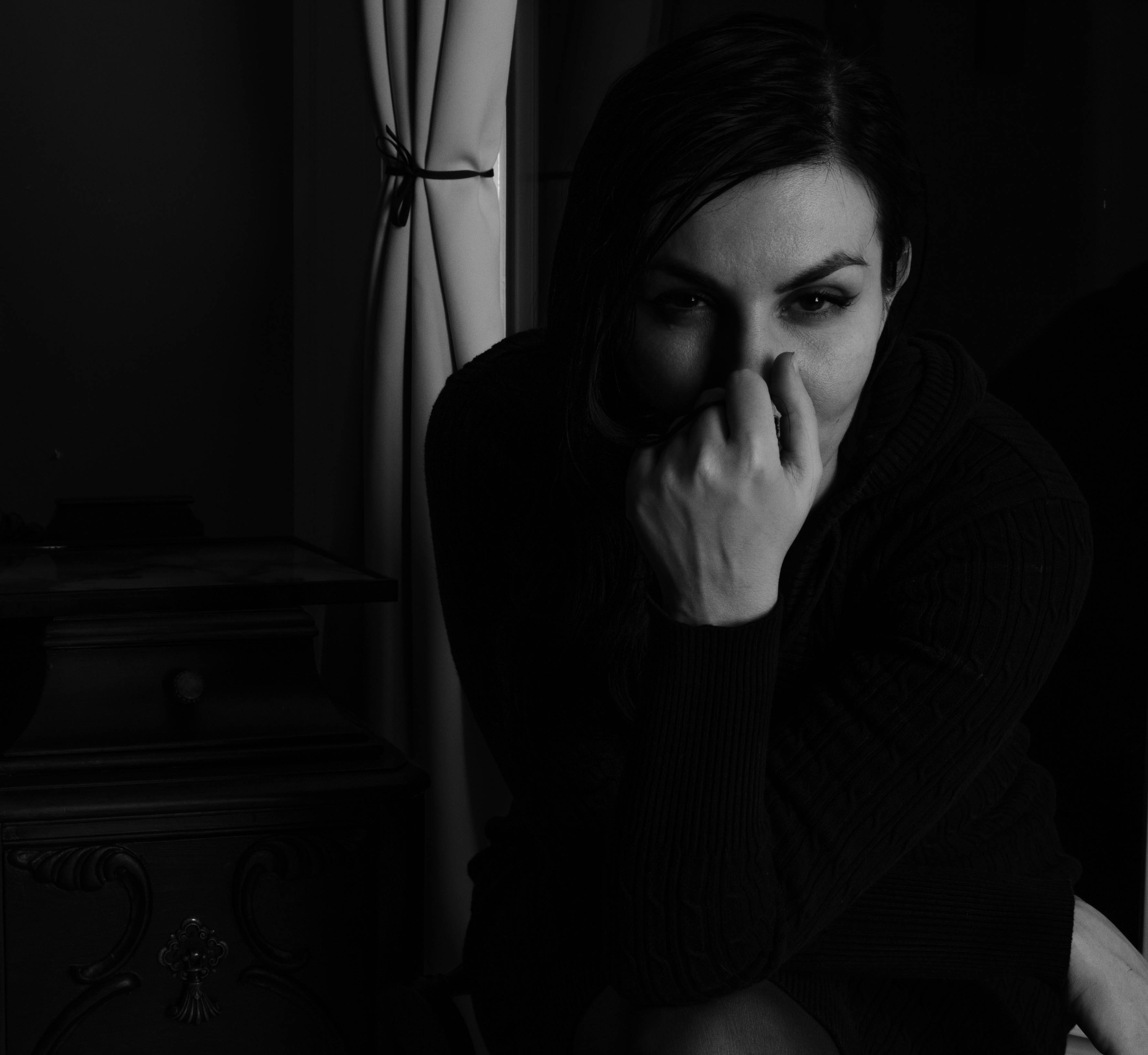Turn feelings of insecurity into confidence.
A certain amount of insecurity is healthy and helpful. When we feel insecure we question the things we do which, in turn, forces us to look closer at any given situation to analyze and clarify our options in order to move forward.
The problem with insecurities is not that they exist, they do and will, but how they manifest, how you unconsciously integrate them with who you are, and how you allow them to define you.
What is insecurity?
Feeling insecure is possibly the deepest form of anxiety we experience. Some of the most personal aspects of who we are, the things we don’t understand about ourselves but “should” be able to, our conflicting values and beliefs, the discrepancy between what we think and what we do, the gaps and things that don’t add up or cannot be explained become insecurities which ultimately affect the level of trust in our ability to do things and our confidence.
We carry feelings of insecurity with us throughout life since childhood without truly understanding the reason behind them or why they are false or true; we internalize them and impose them onto ourselves as indisputable facts while at the same time living in fear of being exposed.
Insecurities are never about other people, as much as we’d like to make them fit as such; they are about you and what you believe at the core is true of yourself. Insecurities thrive when we compare our complex inner and outer reality to the “perfect” lives of others, the shallow surface of what we see.
Long held insecurities become “proof” and reinforcements for those deeply held negative beliefs we have about ourselves. Just as with any repetitive exposure to something, our insecurities become an ingrained habit, a way of being to our own detriment.
The concept of insecurity is filled with negative connotations particularly about the implicit messages they communicate about us. We don’t like to think of ourselves as insecure or to have our insecurities pointed out by other people. We equate insecurity with weakness so we’re tempted to deny it, look away, attempt to bury and repress it without considering that only by looking at it closely can we really make improvements and become confident.
Dealing with feelings of insecurity
Staring your insecurities in the face can and will be challenging in the beginning because this is the most sensitive and vulnerable part of you, an area filled with everything you don’t want to be, with everything that is “wrong” with you, everything you could be but aren’t.
By facing your feelings of insecurity head on you learn about yourself and become aware of self-imposed challenges. Self-awareness allows you to make conscious decisions and choices that affect how you view yourself and what you have to offer.
Start by paying attention and making simple observations while keeping an open mind. Remember that this is about you and that you will be the only one doing the “judging”. You might initially feel defensive, after all who wants to admit to feeling insecure, so you will probably try to explain and rationalize those question marks that pop up. Find specific situations and stay away from vagueness.
Examples
If you are supposed to start working on a project and you keep postponing by looking for the best time, the best tools, the best circumstances ask yourself whether this is about your high work standards (an often used rationalization for perfectionism) or if it has more to do with your perceived abilities to complete the task.
How about the times you are afraid you’ll fail? Is this fear coming from a string of failures you experienced in every single situation throughout life or could it be that you believe you are not good enough, talented enough, and skilled enough? Without realizing, we disguise and rationalize insecurities as either perfectionism, validation, as well as to justify failure or a lack of inspiration.
In my experience working with creative people who struggle with feelings of insecurity I have found that everyone experiences failure at varying degrees throughout life and everyone also experience success, however, people use only their negative experience to justify and reinforce their beliefs about themselves. Rather than taking the entire experience (which is typically filled with both positives and negatives) to add context to a particular situation, we focus on those few negatives and attempt to build ourselves on a foundation which is incomplete.
This doesn’t mean that those negative experiences are to be tossed or avoided, because obviously they hold valuable lessons from which we learn; nor am I suggesting that positivity and having an optimistic outlook will solve the problem, because it won’t. Instead, make an effort to look at the situation you are dealing with, through the context of your entire experience. Did you fail in every single attempt in each situation you’ve encountered throughout your life? Probably not. How did you fail and how did you succeed? Allow yourself to look both at what worked and didn’t in the past in order to have the full picture, not just what you can “force fit” to prove yourself right.
Can you identify your insecurities? Looking past your initial reaction of rejection, what do your insecurities say about you? Is there evidence to support their claim (i.e.you’re not good enough) and are there elements that might contradict its position? What would you tell your best friend if they were struggling with the same issues? Invite your curiosity and begin asking questions whose job is not to prove how right you are in your beliefs, rather to reveal things about yourself you didn’t know before. Discover how much power you can have over yourself and how much more confident you can feel about your abilities if you are willing to look into the dark and confusing corners of yourself, underneath the shallow surface that is filled with excuses, rationalizations, and indisputable made-up “facts”.


